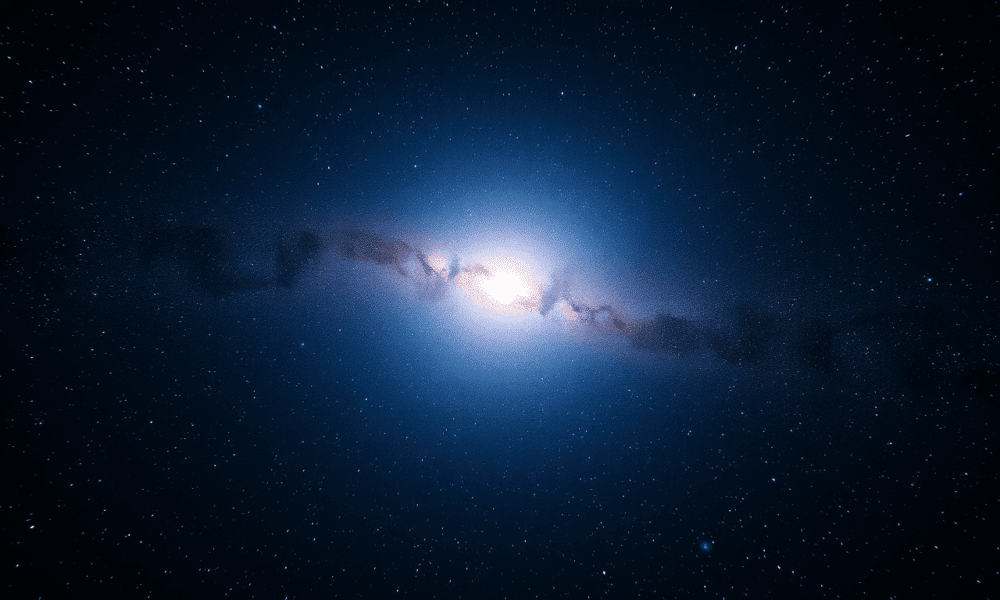
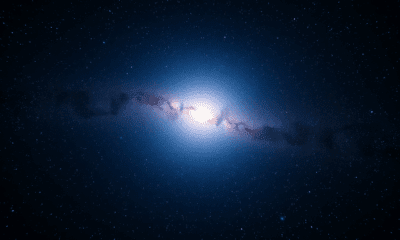

Astronomers have pulled off an unprecedented feat: detecting ultra-faint light from the Big Bang using ground-based telescopes. This polarized light scattered by the universe's very first...
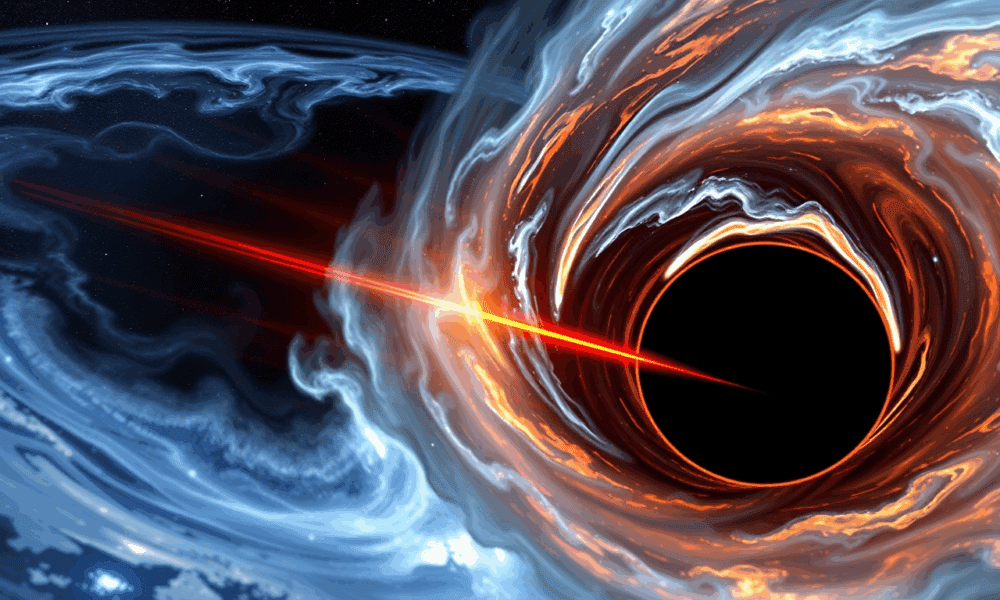
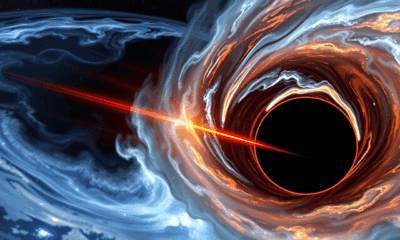

Supermassive black holes might naturally replicate the colossal energies of man-made particle colliders possibly even revealing dark matter offering a cosmic shortcut to discoveries that would...
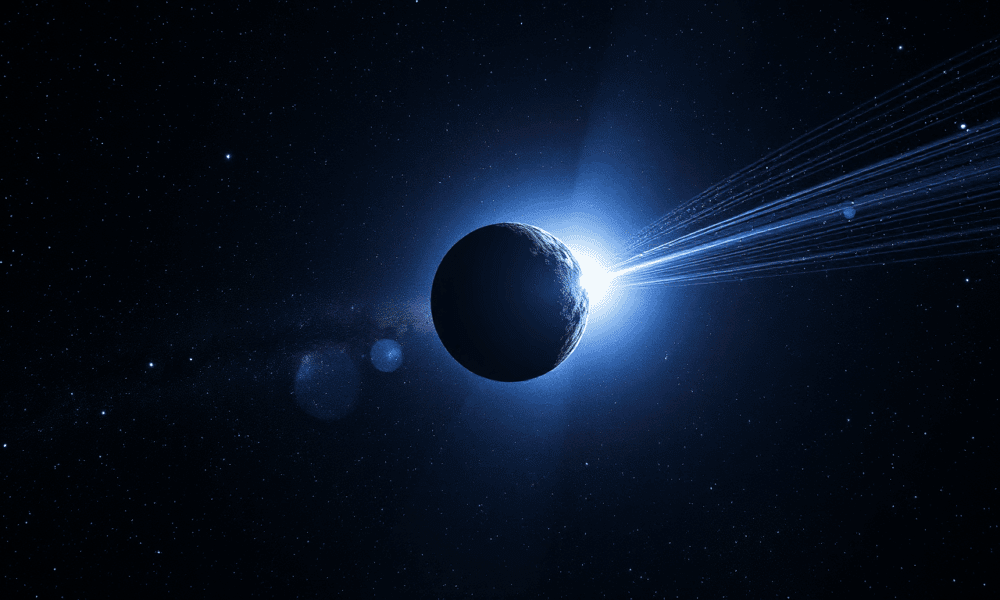
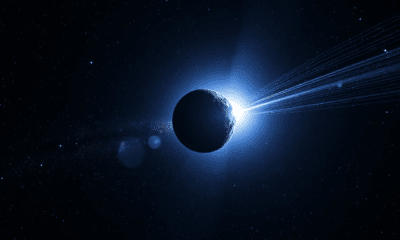

A team of international astronomers have discovered a new cosmic object emitting both radio waves and x-rays.
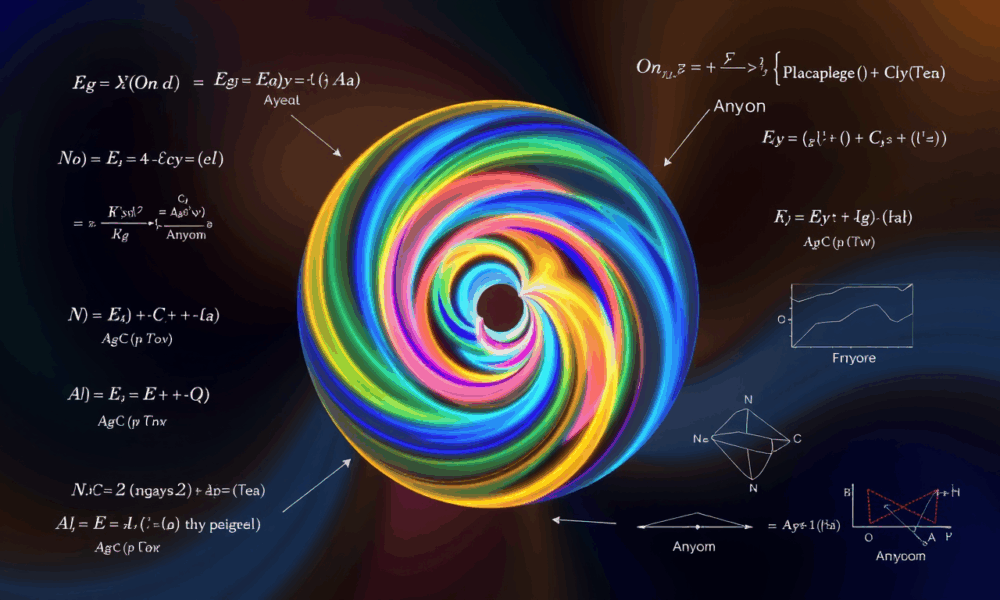
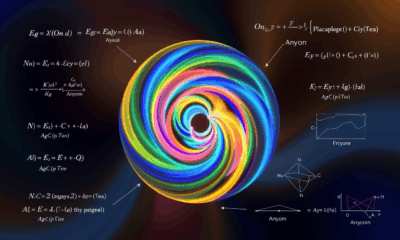

Scientists have observed anyons -- quasiparticles that differ from the familiar fermions and bosons -- in a one-dimensional quantum system for the first time. The results...



A series of experiments support spectral data recently collected by the James Webb Space Telescope that found evidence that the icy surface of Jupiter's moon Europa...
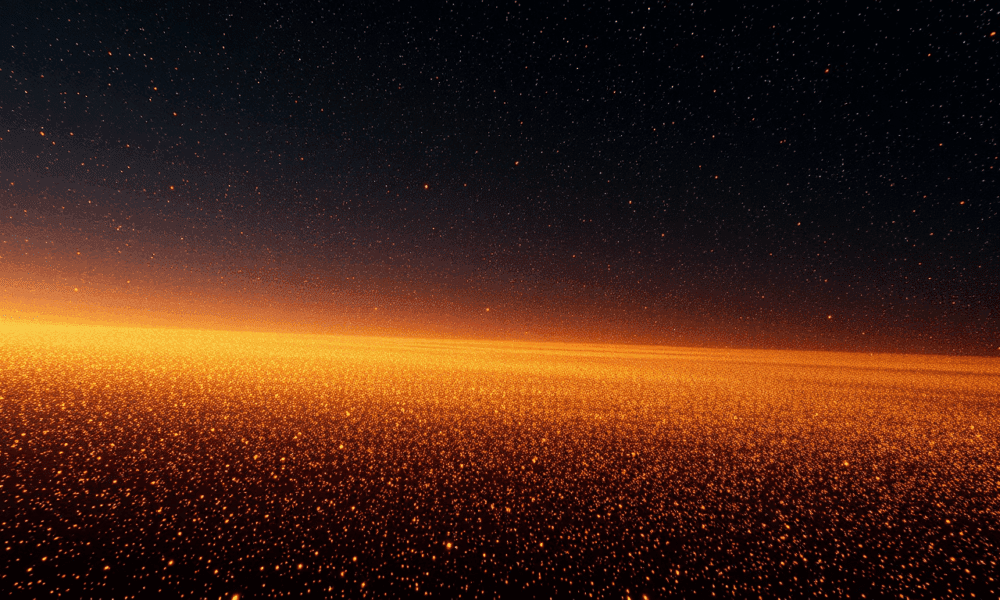
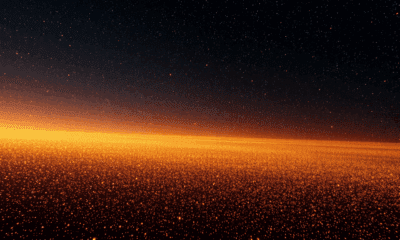

Researchers propose a new theory for the origin of dark matter, the invisible substance thought to give the universe its shape and structure. Their mathematical models...
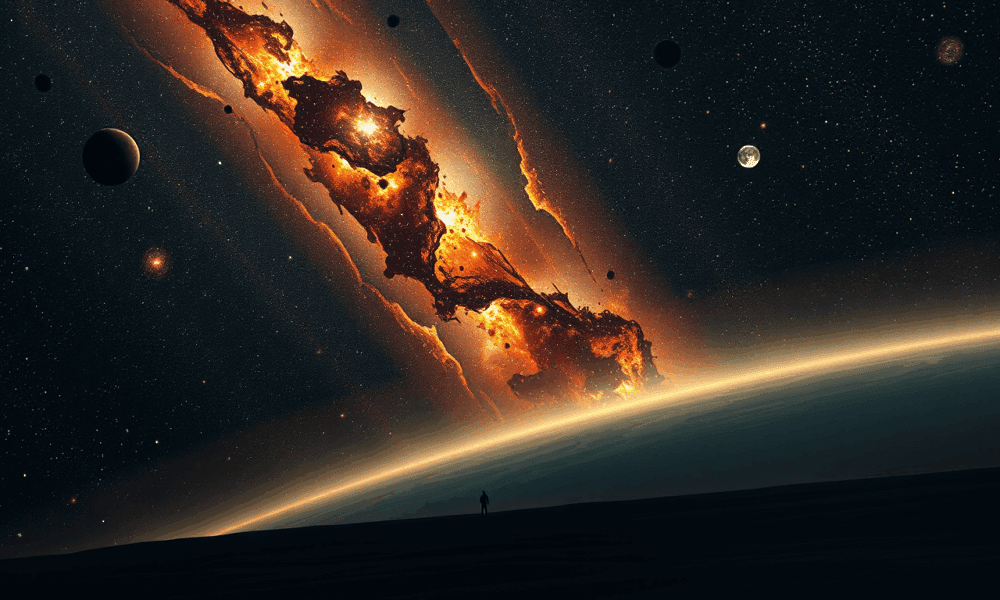
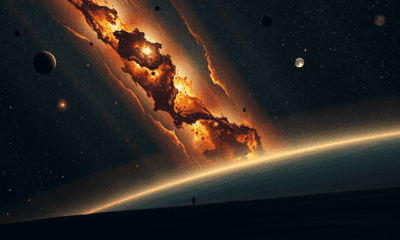

The universe is decaying much faster than thought. This is shown by calculations of scientists on the so-called Hawking radiation. They calculate that the last stellar...
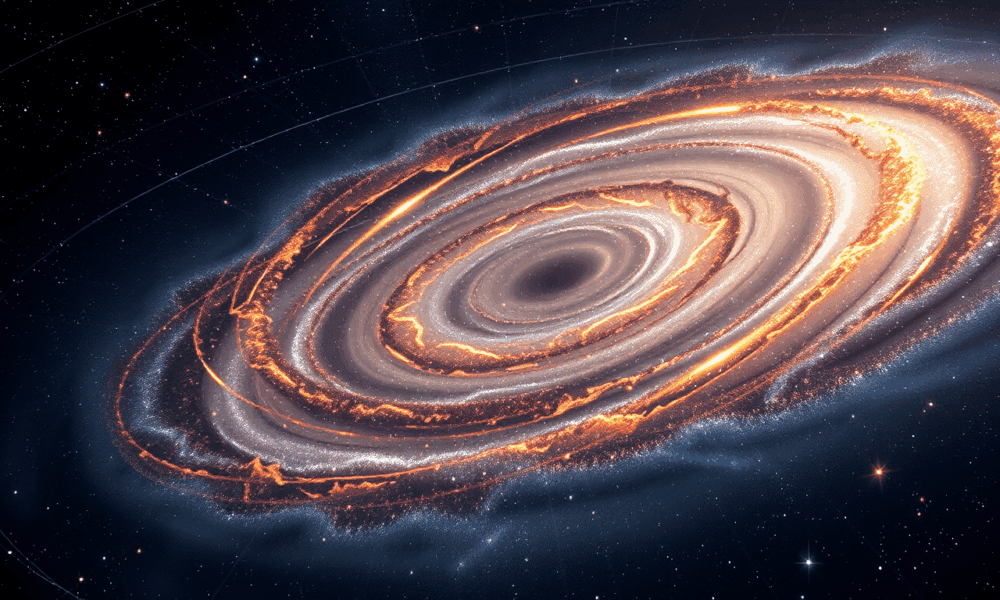
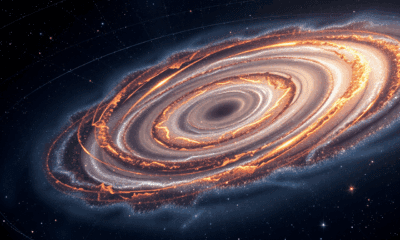

A new study suggests the universe may rotate -- just extremely slowly. The finding could help solve one of astronomy's biggest puzzles.



Extreme cosmic events such as colliding black holes or the explosions of stars can cause ripples in spacetime, so-called gravitational waves. Their discovery opened a new...
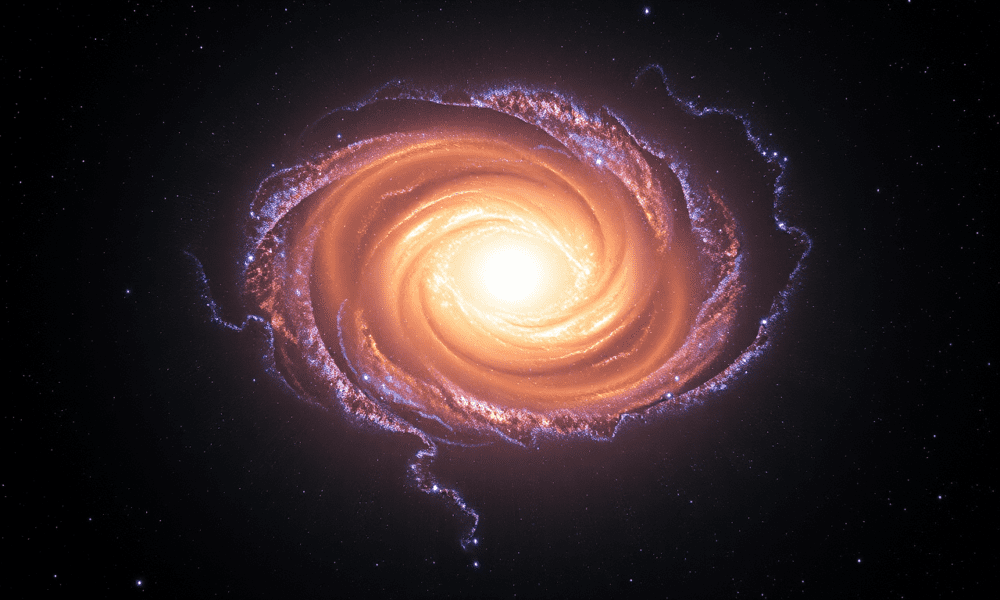
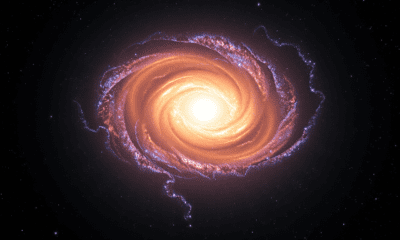

Astronomers are investigating the longest and most energetic bursts of X-rays seen from a newly awakened black hole. Watching this strange behavior unfold in real time...